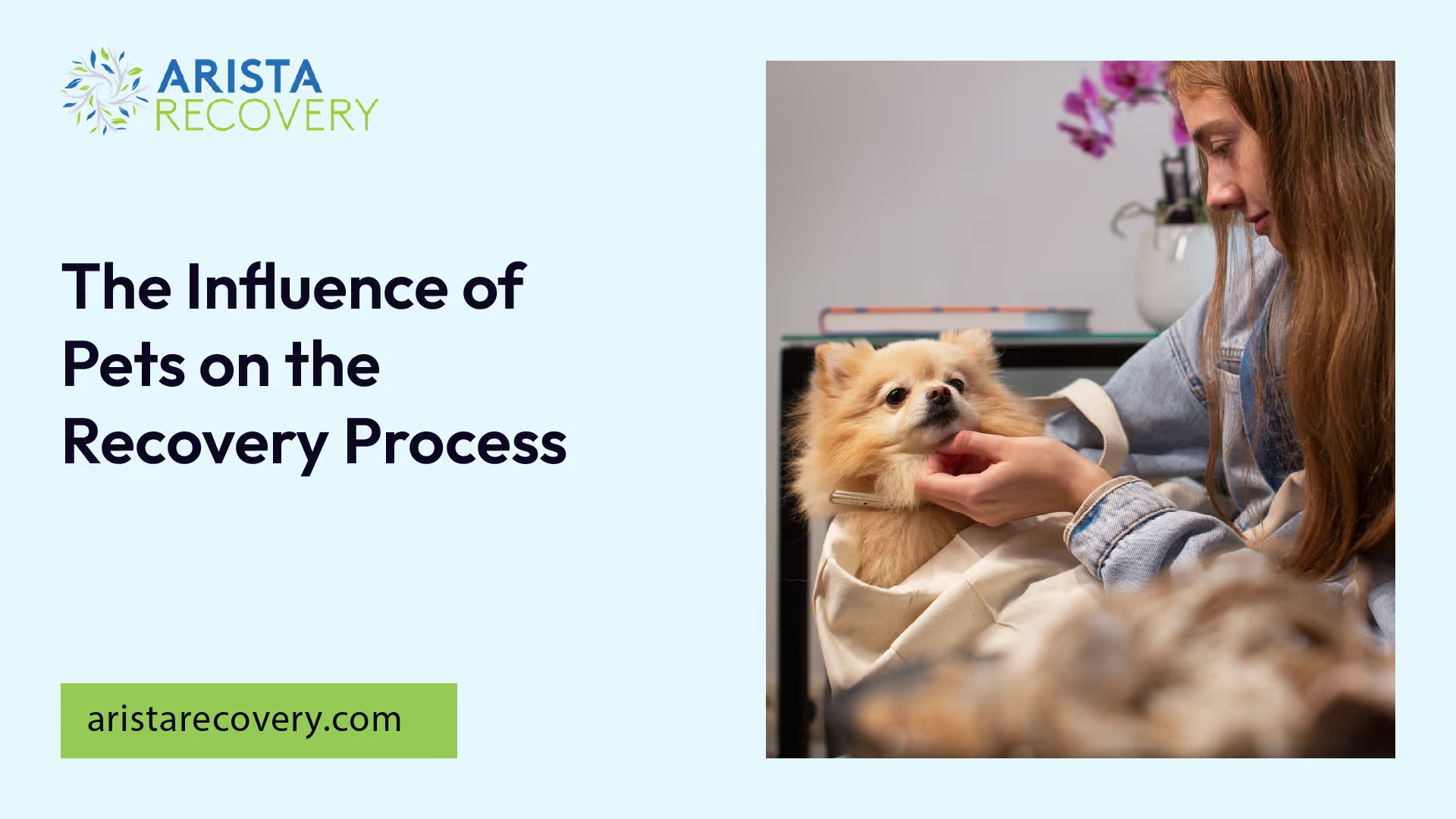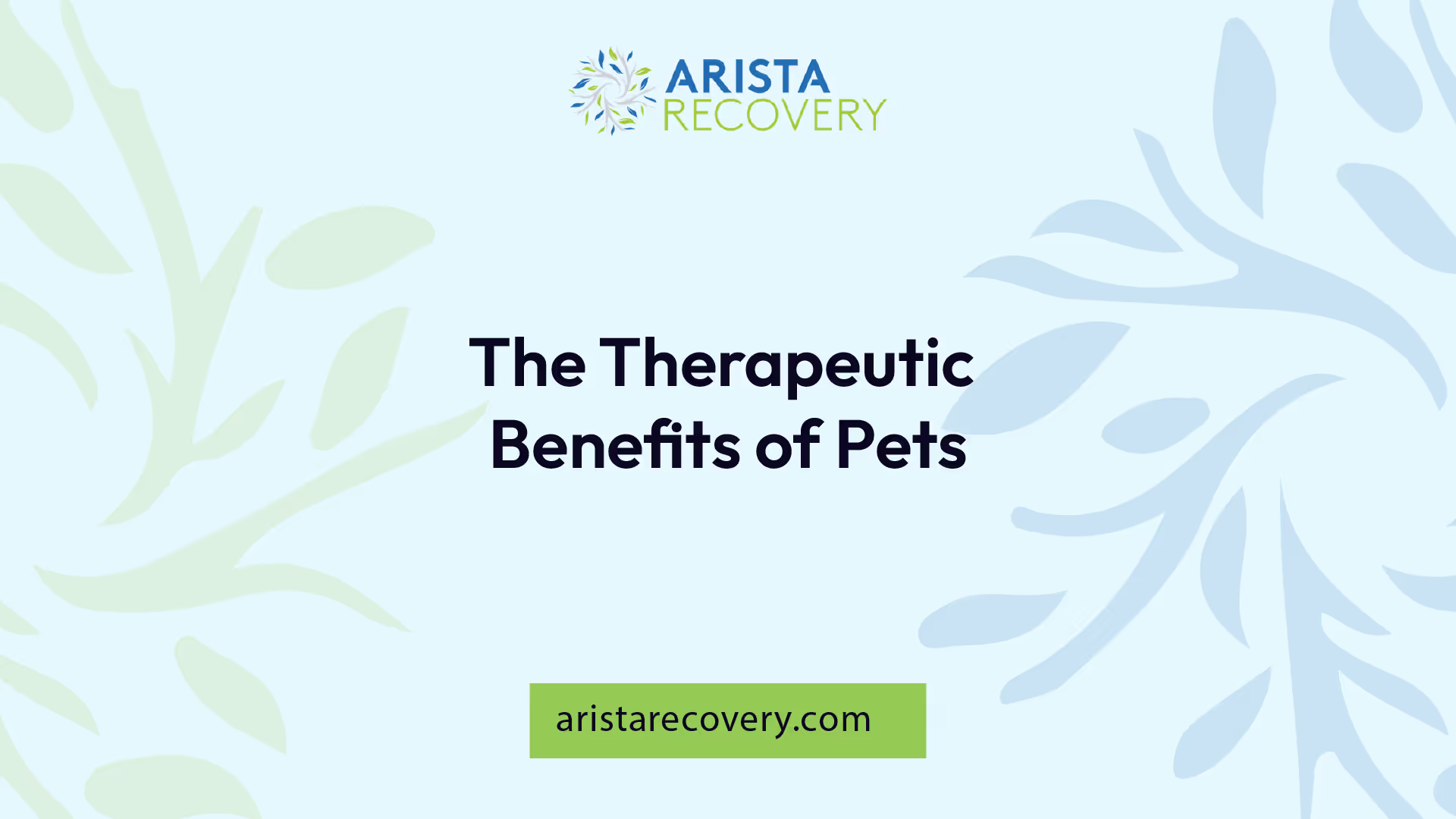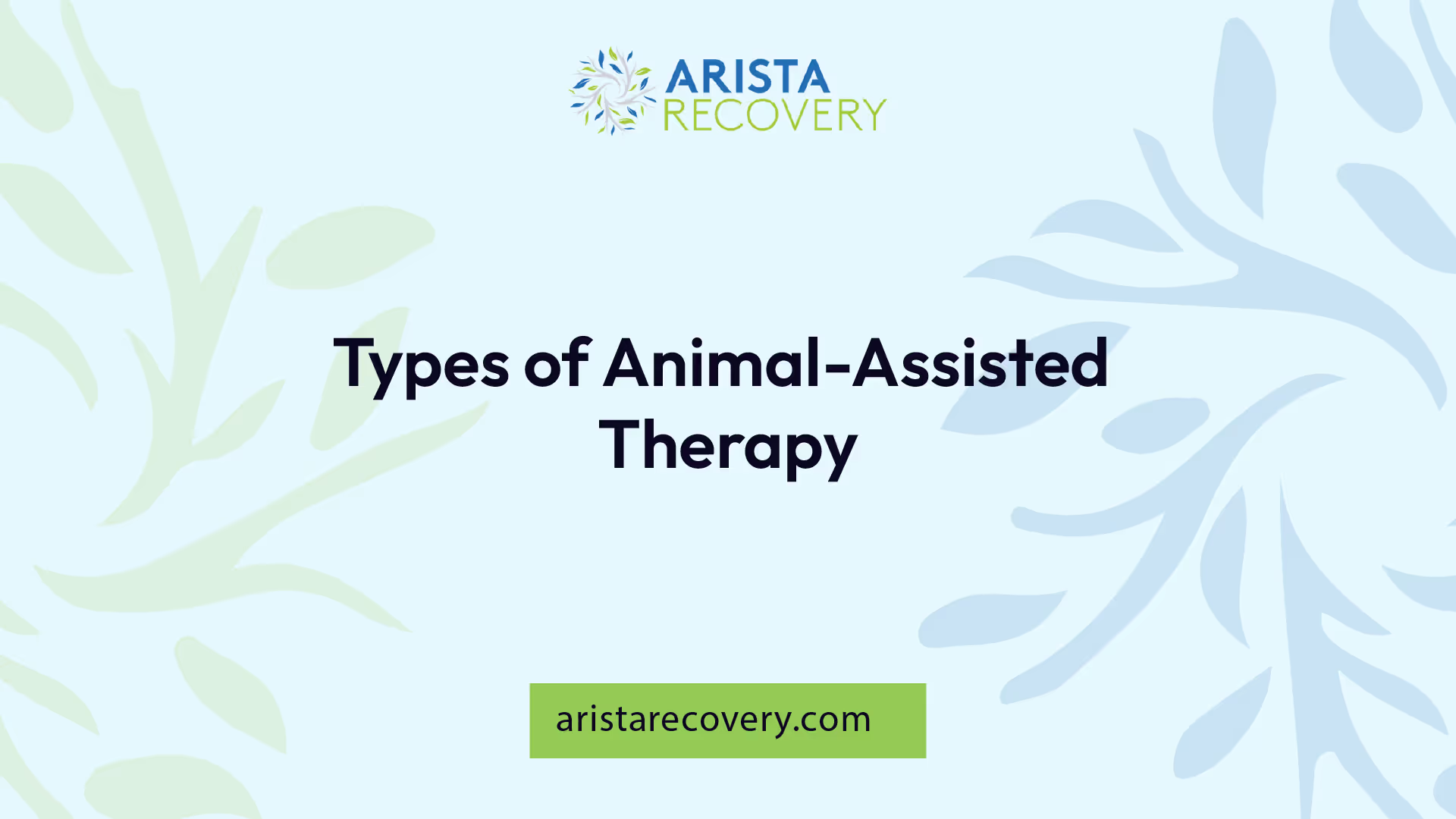The Influence of Pets on the Recovery Process

How Pets Aid in Recovery
The presence of pets plays a significant role in aiding individuals throughout the recovery process from various challenges. Pets, particularly dogs and cats, have the remarkable ability to reduce stress and anxiety, as well as assist in alleviating feelings of loneliness during challenging times. Interacting with animals has shown promising results in decreasing stress-related hormones like cortisol and lowering blood pressure, ultimately contributing to overall well-being.

Reducing Stress and Anxiety
Pets, especially dogs, are known for their inherent ability to provide comfort and emotional support. Therapy dogs, in particular, have been highly effective in various settings such as hospitals and nursing homes, where they can help reduce stress and anxiety among patients. Their calming presence and non-judgmental nature create a safe and soothing environment, allowing individuals to relax and unwind, thus aiding in the recovery process.
Assisting with Loneliness
Loneliness often accompanies challenging phases in life, including recovery from addiction. Pets, whether furry companions or other animals, offer invaluable companionship and emotional support. Owning a pet fulfills the human need for touch and connection, alleviating loneliness rapidly and promoting feelings of belonging and comfort [2].
Studies have consistently shown that pet ownership can have a profound impact on mental health and well-being. The presence of pets not only reduces stress, anxiety, and depression but also improves overall quality of life by increasing social interactions and promoting better health outcomes, such as lower blood pressure and heart rates. By embracing the companionship of pets, individuals can find solace, support, and a sense of connection that significantly aids in their recovery journey.

The Therapeutic Benefits of Pets
In the realm of addiction recovery, pets play a vital role in providing emotional support and connection to individuals on the path to healing. Through their unwavering companionship, pets offer a sense of comfort and solace, creating a bond that transcends words. This emotional support not only helps alleviate stress and anxiety but also fosters a deep connection that can be profoundly comforting in times of need.
Moreover, pet ownership instills a sense of responsibility and self-efficacy in individuals recovering from addiction. By caring for a pet, individuals develop a structured routine, fostering stability and purpose. The act of nurturing and being accountable for another being can enhance self-esteem and motivation, empowering individuals to regain control over their lives [2]. Click here to explore how pets can help individuals break the cycle of addiction in families.
Research indicates that the mere presence of a pet can offer a source of solace and companionship, significantly reducing feelings of loneliness and isolation during the recovery journey. The ability of pets to respond to human emotions and provide unconditional love creates a safe and nurturing environment that fosters emotional healing.
The impact of pet ownership goes beyond emotional support; it extends to enhancing self-efficacy and self-worth, crucial elements in overcoming addiction. Pets serve as motivators for individuals to stay on track, reinforcing accountability and discipline. By maintaining a companion animal, individuals develop a renewed sense of purpose and responsibility, factors that contribute to their overall well-being and success in recovery. If you're interested in films that realistically portray addiction, check out our article on realistic films about addiction.

Types of Animal-Assisted Therapy
Exploring the realm of animal-assisted therapy reveals a powerful tool that leverages the unique bond between humans and animals to aid in the recovery process. Two primary forms of animal-assisted therapy are dog-assisted therapy and the therapeutic benefits of other animals.
Dog-Assisted Therapy
Dogs are known for their unwavering presence and ability to reduce stress and anxiety in individuals. Therapy dogs, in particular, play a vital role in various settings such as hospitals or nursing homes, where their comforting presence helps alleviate patients' stress levels [1]. The interaction with these trained therapy dogs has shown to have profound effects on individuals, promoting feelings of calmness, happiness, and security. The companionship of dogs can provide emotional support while fostering a sense of connection and comfort during challenging times.
In the context of addiction recovery, dog-assisted therapy can aid individuals in breaking the cycle of addiction by offering a source of unconditional love and companionship. The presence of therapy dogs can reduce feelings of loneliness and social isolation, encouraging patients to engage more actively in their recovery journey. The familiar and comforting nature of dogs can provide a sense of stability and safety, helping individuals navigate the ups and downs of the recovery process with a trusted companion by their side.
Therapeutic Benefits of Other Animals
Beyond dogs, various animals bring unique therapeutic benefits to individuals undergoing recovery. Animal-assisted therapy aims to enhance social, emotional, and cognitive functioning through interactions with animals, leading to positive effects on subjective self-rating scales and physiological measures such as blood pressure and hormone levels [5]. The biophilia hypothesis, as proposed by Edward O. Wilson, suggests that human attachment to animals is deeply rooted in signals of safety and well-being in the environment, fostering personal change and healing.
Different animals, from horses to rabbits, have been integrated into therapy programs to support individuals with addiction and other mental health conditions. Each animal brings a unique set of therapeutic benefits, such as facilitating emotional expression, enhancing social interactions, and promoting feelings of comfort and security. By interacting with various animals, individuals in recovery can experience a diverse range of positive effects that contribute to their overall well-being and progress on the path to healing.
Incorporating animal-assisted therapy into addiction recovery programs offers a holistic approach to treatment, tapping into the innate connection between humans and animals to promote healing and growth. Whether through the companionship of dogs or the therapeutic benefits of other animals, individuals can find solace, support, and encouragement on their journey towards sobriety and wellness.
Impact on Various Mental Health Conditions
Pets play a crucial role in aiding individuals in their journey towards recovery from addiction and coping with post-traumatic stress disorder (PTSD). Their presence provides unique benefits that can significantly impact mental health and well-being.
Recovery from Addiction
According to Northstar Behavioral Health, pets have a remarkable ability to provide support and aid in the recovery process for individuals struggling with addiction. The companionship of pets can reduce stress, improve the overall quality of life, and encourage social and community interaction.
Pet ownership fosters accountability, self-efficacy, and self-worth, which are essential elements in addiction recovery. The nurturing aspect of taking care of a pet can increase motivation and discipline, helping individuals stay on track in their recovery journey. This enhanced sense of accountability is associated with improved self-worth and can even restore hope and purpose in life for those facing severe addiction challenges [4].
Aid in Coping with PTSD
For individuals coping with post-traumatic stress disorder (PTSD), the presence of a pet can provide a sense of emotional support and comfort. Pets offer unconditional love, companionship, and a calming influence that can help individuals manage their symptoms and cope with the challenges of PTSD.
Studies, as referenced by the National Center for Biotechnology Information (NCBI), have shown that pet ownership can empower individuals with severe mental illnesses, including PTSD, by providing a sense of responsibility, control, self-worth, and self-efficacy. Pets assist in overcoming feelings of isolation and loneliness, offering a constant source of support and companionship.
The therapeutic benefits of pets go beyond simple companionship; they have the power to positively impact the mental health and recovery process of individuals battling addiction and dealing with the effects of PTSD. Pets serve as loyal companions that offer unconditional love, encouragement, and a sense of purpose that can greatly enhance the treatment and recovery journey.
Physical Health Benefits
In the realm of recovery, it's crucial to acknowledge the significant physical health benefits that pets can offer individuals on their journey. Among these benefits are improvements in cardiovascular health and stress reduction through the release of oxytocin, the "love hormone."
Cardiovascular Benefits
Pets, particularly dogs and cats, have the remarkable ability to positively impact cardiovascular health. The presence of pets has been linked to lower blood pressure, reduced heart rate, and decreased risk of heart disease. The calming effect of interacting with pets can contribute to overall cardiovascular well-being, aiding in the management of stress and anxiety.
Studies have shown that pet owners tend to have lower blood pressure and cholesterol levels, which are key factors in maintaining a healthy heart. The physical activity involved in caring for pets, such as walking dogs or playing with pets, also contributes to improved cardiovascular fitness.
Stress Reduction through Oxytocin
Engaging with pets can trigger the release of oxytocin in the brain, often referred to as the "cuddle hormone" or "love hormone." Oxytocin plays a crucial role in bonding and social relationships. This hormone is associated with feelings of trust, empathy, and relaxation, all of which are beneficial for individuals in recovery.
The mere act of petting or interacting with a pet can lead to a surge in oxytocin levels, promoting a sense of calm and well-being. This natural stress-relieving mechanism can help individuals manage the challenges of recovery more effectively by reducing anxiety and enhancing emotional resilience.
Incorporating pets into recovery programs can not only provide companionship and emotional support but also contribute to the physical well-being of individuals striving to overcome addiction. Pets have the unique ability to improve cardiovascular health and reduce stress levels, offering a holistic approach to recovery that encompasses both physical and emotional healing.
Social and Psychological Effects
Pets play a significant role in the recovery process, particularly in facilitating social interaction and enhancing psychological well-being.
Facilitating Social Interaction
One of the key ways pets aid in recovery is by serving as facilitators of social interaction. Research indicates that pets increase engagement with others and foster social integration, especially evident in dog walkers interacting with other pet owners. The presence of pets provides common ground for individuals to connect, leading to meaningful interactions and a sense of community.
For individuals recovering from addiction, social support is crucial in overcoming challenges and maintaining sobriety. Pets create opportunities for individuals to engage with others in a positive and non-judgmental environment, fostering a sense of belonging and companionship. Whether through pet-related activities, support groups, or community events, the presence of pets can help individuals build new relationships and strengthen existing ones.
Psychological Well-Being
In addition to facilitating social interaction, pets greatly contribute to the psychological well-being of individuals in recovery. Pet ownership has been shown to empower individuals by providing a sense of responsibility, control, self-worth, and self-efficacy [3]. This sense of empowerment helps individuals overcome feelings of isolation and loneliness, contributing to improved mental health.
Pets, particularly dogs, play a significant role in reducing feelings of loneliness, depression, worry, and irritability for individuals recovering from addiction and coping with PTSD [6]. Close contact with pets, such as petting and stroking, has been associated with reduced depression and improved mood. The unconditional love and companionship provided by pets create a supportive and nurturing environment that promotes emotional well-being and resilience.
By nurturing social connections and enhancing psychological well-being, pets serve as invaluable companions on the journey to recovery. Their presence not only provides emotional support but also fosters a sense of purpose, belonging, and connection that can positively impact the recovery process.
References
[1]: https://newsinhealth.nih.gov/2018/02/power-pets
[2]: https://www.northstarbehavioralhealthmn.com/resources/how-pets-can-help-with-the-recovery-process
[3]: https://www.ncbi.nlm.nih.gov/pmc/articles/PMC2854030/
[4]: https://americanaddictioncenters.org/blog/pets-can-assist-in-recovery
You’re not alone in this.
When mental health challenges and addiction intersect, it can feel isolating. At Arista, we offer compassionate, evidence-based, and trauma-informed care to help you heal, grow, and move forward.
You’re not alone in this.
When mental health challenges and addiction intersect, it can feel isolating. At Arista, we offer compassionate, evidence-based, and trauma-informed care to help you heal, grow, and move forward.
Support that moves with you.
You’ve taken a brave first step. At Arista Recovery, we’re here to help you continue with best-in-class care designed for long-term healing and support.
.webp)






